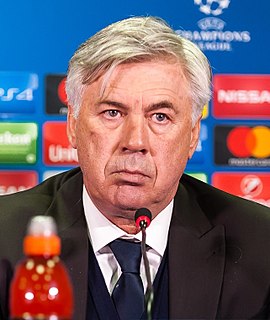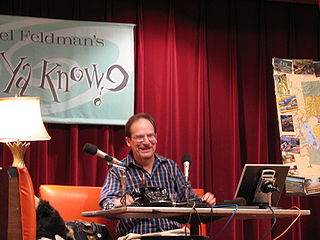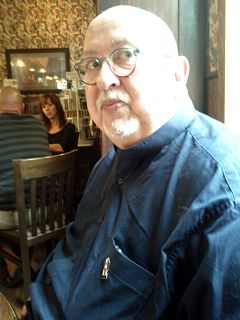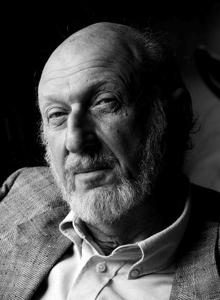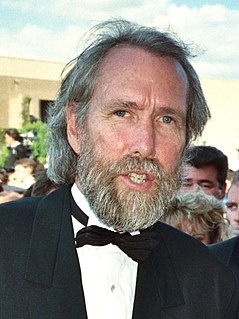A Quote by Goldie Hawn
You don't have to tell a child not to bully. You know, you talk at kids, they don't hear you, but when you give them a visceral experience, then they have something to remember.
Related Quotes
You tell them that all your experience tells you this is the best way to beat this particular opposition. You persuade them and you drill them, and you tell them so many times they can hear you when they go to sleep. Then, on the day of the game, you stand on the touchline and hope to God that it works.
I simply couldn’t conceive of how devastating it would be not to be able to hear my children’s voices. Not to be able to communicate with them, to hear them learn, grow, and express themselves verbally. How fortunate, how blessed I am. This overwhelmed me. I can talk to my children, I can respond to their needs and comfort them when they tell me they are unwell. I can tell them stories and hear them tell theirs.
When I was a kid, I hated being talked to as a kid. I don't know if all kids feel that way, but I seem to remember awful things in the crib, something like people doing baby talk in the crib and sticking their big, fat faces in there and scaring me. So I always talk to kids as if they were a person.
If the president of the country is not actually saying something, allowing equality to happen, how could you expect to counsel kids not to bully other kids? If they're not seeing that their society sees gay people as equals, how could you tell them what they're doing is wrong? With all this stuff going on, with the "Don't ask, don't tell" and things like that, we are second-class citizens, definitely. It just seems to me that it's hypocritical for us as a culture to say, "Bullying is a terrible thing," when really, they are just reflecting what the society is doing.
Later in life, when my kids struggle to understand a tricky concept or master a new skill, I want them to have the strength and experience to tell themselves, 'I don't know how to do this... yet!' I want them to be confident that, even if something seems challenging today, they have what it takes to figure it out.
I could be inspired by something I see or something I hear and write down or send to a friend or a writer or whether I have instrumental tracks or just a couple chords recorded on my phone. If I have a couple sessions set, I'll go into the studio with the people I'm lucky enough to call my friends because I feel like I can talk to them and then suddenly our conversations turn into these songs you hear on the radio. I still don't understand how it happens but I talk about my experiences and my situations and everything and then they turn into these amazing pop songs.



